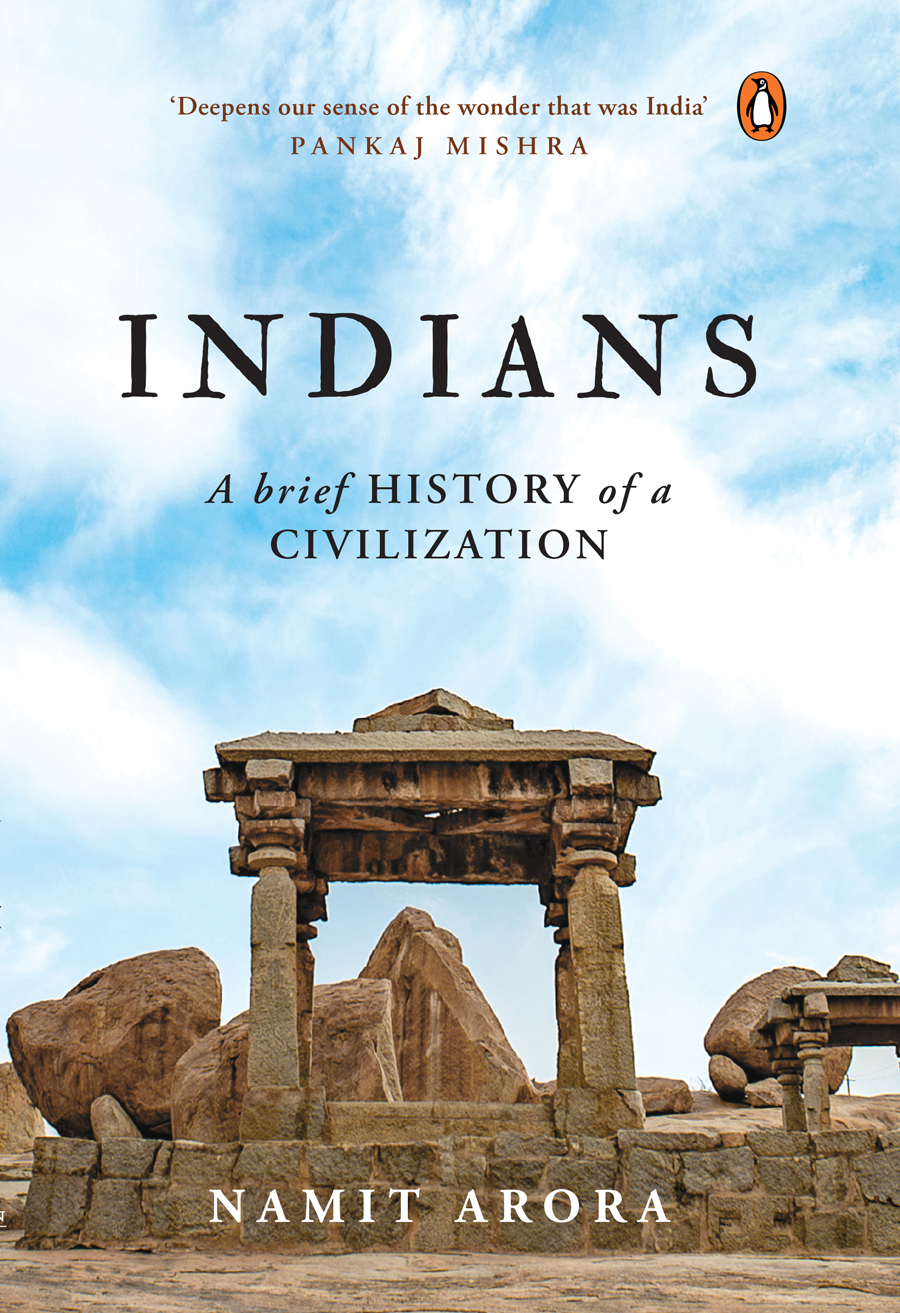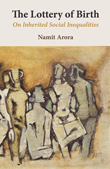|
Teeming with character and incident, the
Aeneid
is a Latin epic poem of high craft and seductive energy. Set in the
aftermath of the Trojan war of Homer's Iliad, it relates the fall of Troy
and the subsequent journey of a band of Trojan survivors led by Aeneas, from the smoldering ruins of
their city to their settling in Italy.
In Virgil's Rome, Aeneas-son of Venus by the mortal Anchises-was already regarded as the founder of the Roman
race. Virgil wrote his nation-building saga at the
behest of Augustus and it served to endorse and embellish the Roman imperium.
In it we
encounter the scheming Danaans, the Trojan horse, the plunder of Troy by
the Greeks,
Aeneas' remorse at losing his home and wife, his adventures at sea, the
despairing, suicidal Dido, the spiteful Juno, the brutal slaying of Turnus,
king of the Rutuli.
Aeneas' underworld trip later inspired Dante and Eliot. In
the postscript to his fine translation, Fitzgerald finds 'at the core of
[the Aeneid] a respect for the
human effort to build, to sustain a generous polity-against heavy odds.
Mordantly and sadly it suggests what the effort may cost, how the effort
may fail. But as a poem it is carried onward victoriously by its own
music.'
This assessment has flourish and humanistic allure, but in art, as in life, we are variously drawn to
both truth and beauty. The first two books of the Aeneid, on the Greek ruse and the sack of Troy,
are riveting
and poignant, but the rest basically narrate how a bunch of Trojans get to
Italy and conquer the cities of others: manifest destiny is the argument;
Italy is the Promised Land. The Aeneid showcases unthinking loyalty and courage,
gory violence, and feeble inner lives, with little moral conflict or
philosophical doubt or wonder. The story attempts to gain innocence by
shifting the personal responsibility of human acts to fickle gods. And all
this from a close contemporary of the venerable
Cicero!
So there is yet another viewpoint: at the core of the Aeneid is an
admiration for the bold and the beautiful, who live unreflectively by the
received heroic code and see little need as individuals to attain
self-knowledge and to live the examined life.
But if a classic is defined by its ability to survive over time, this may
be precisely what makes the Aeneid a classic-it mirrors something quite
primal in the human spirit, which, in turn, helps it survive.
|









